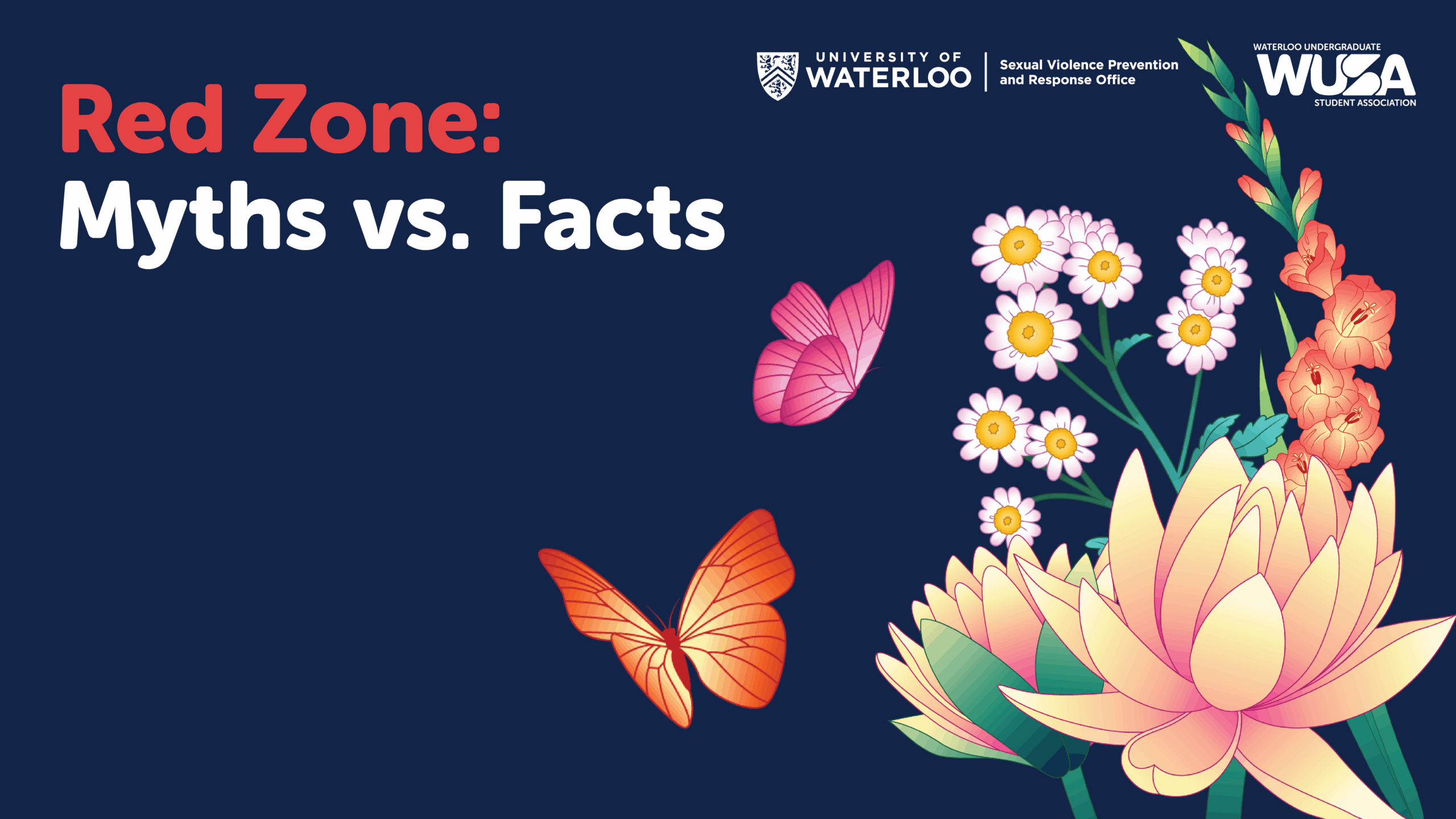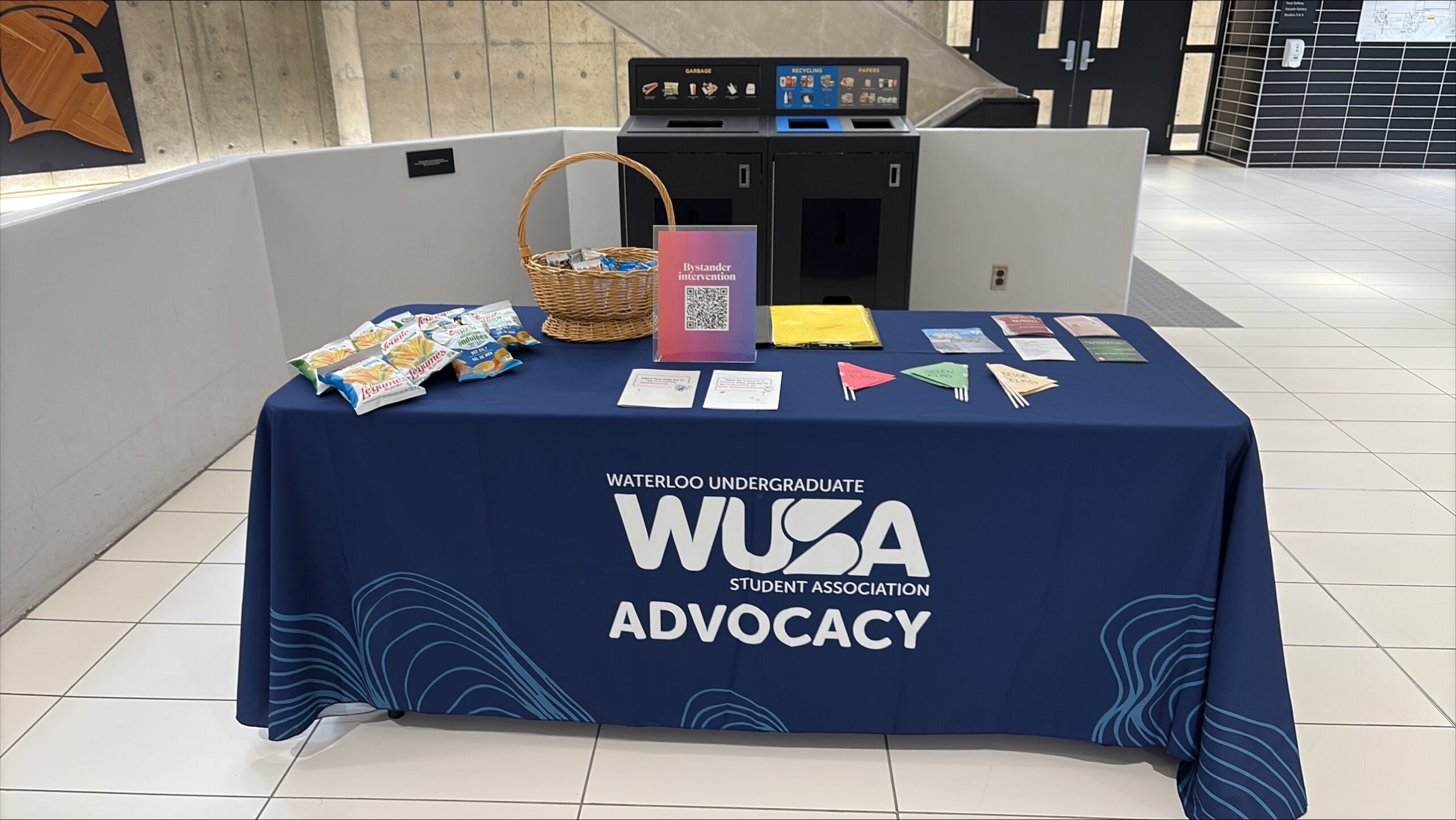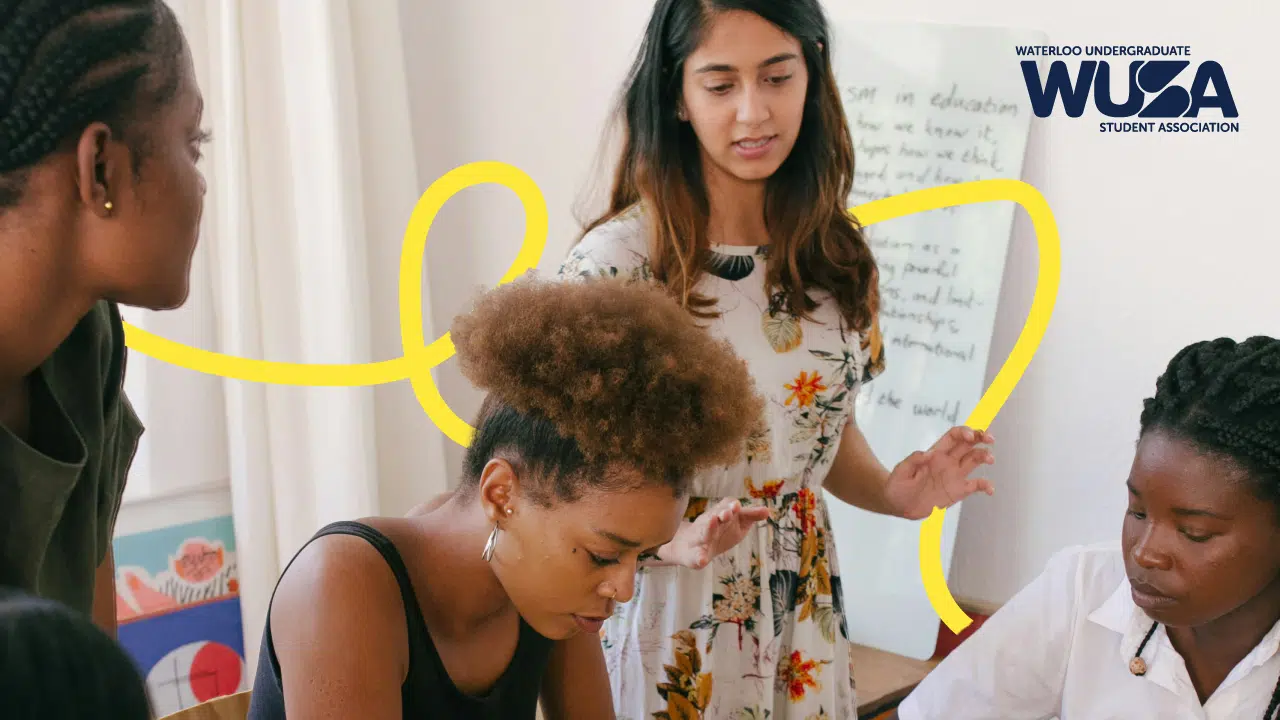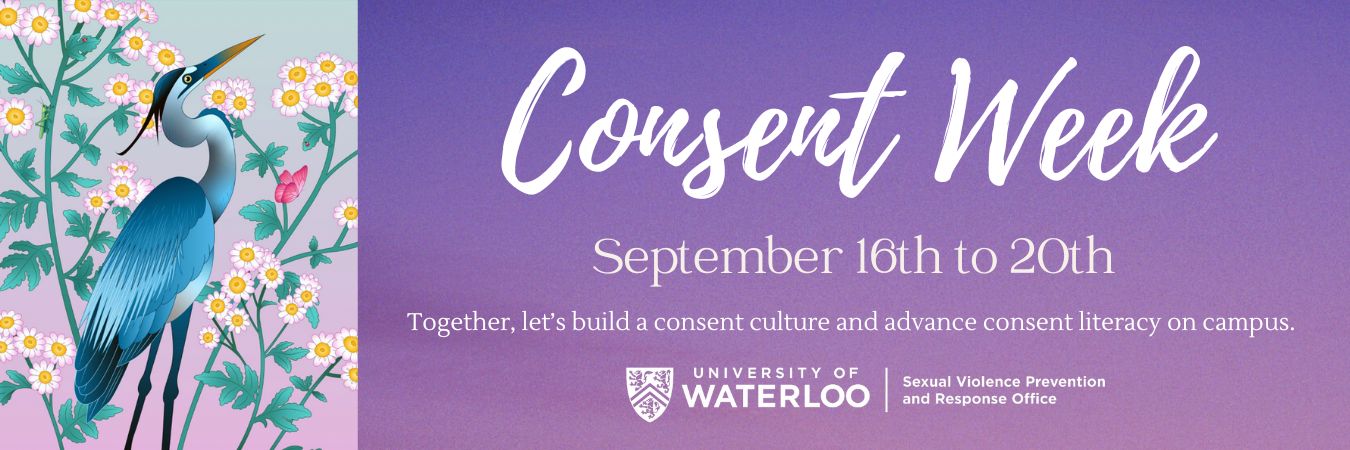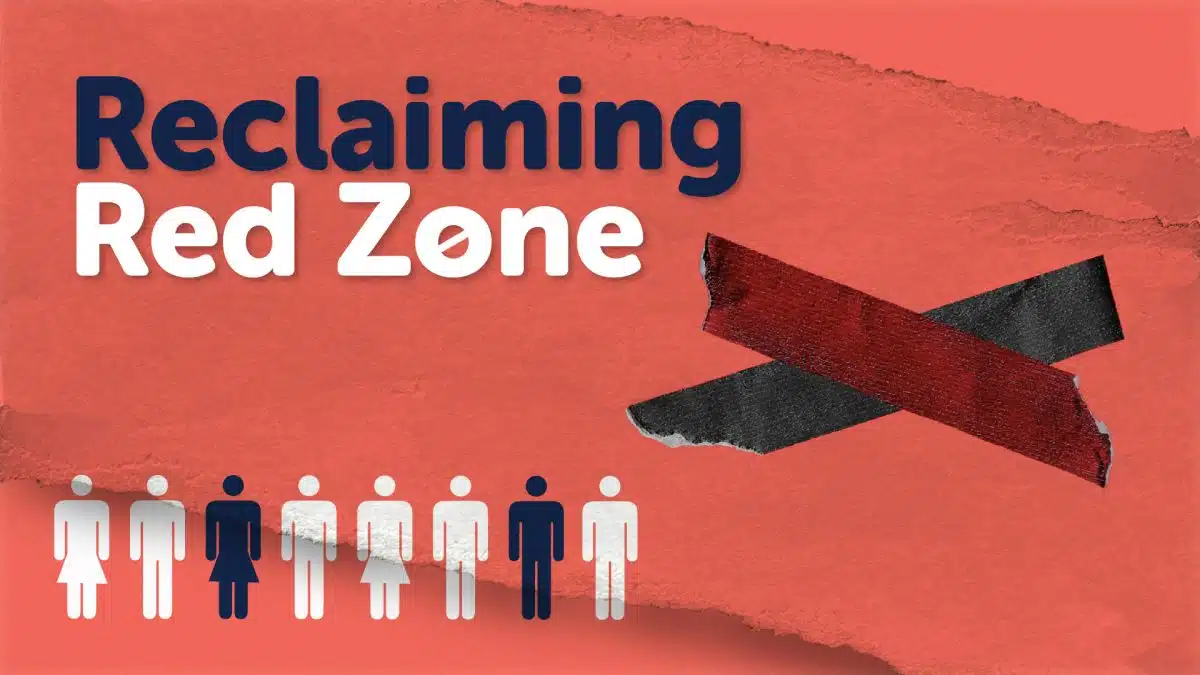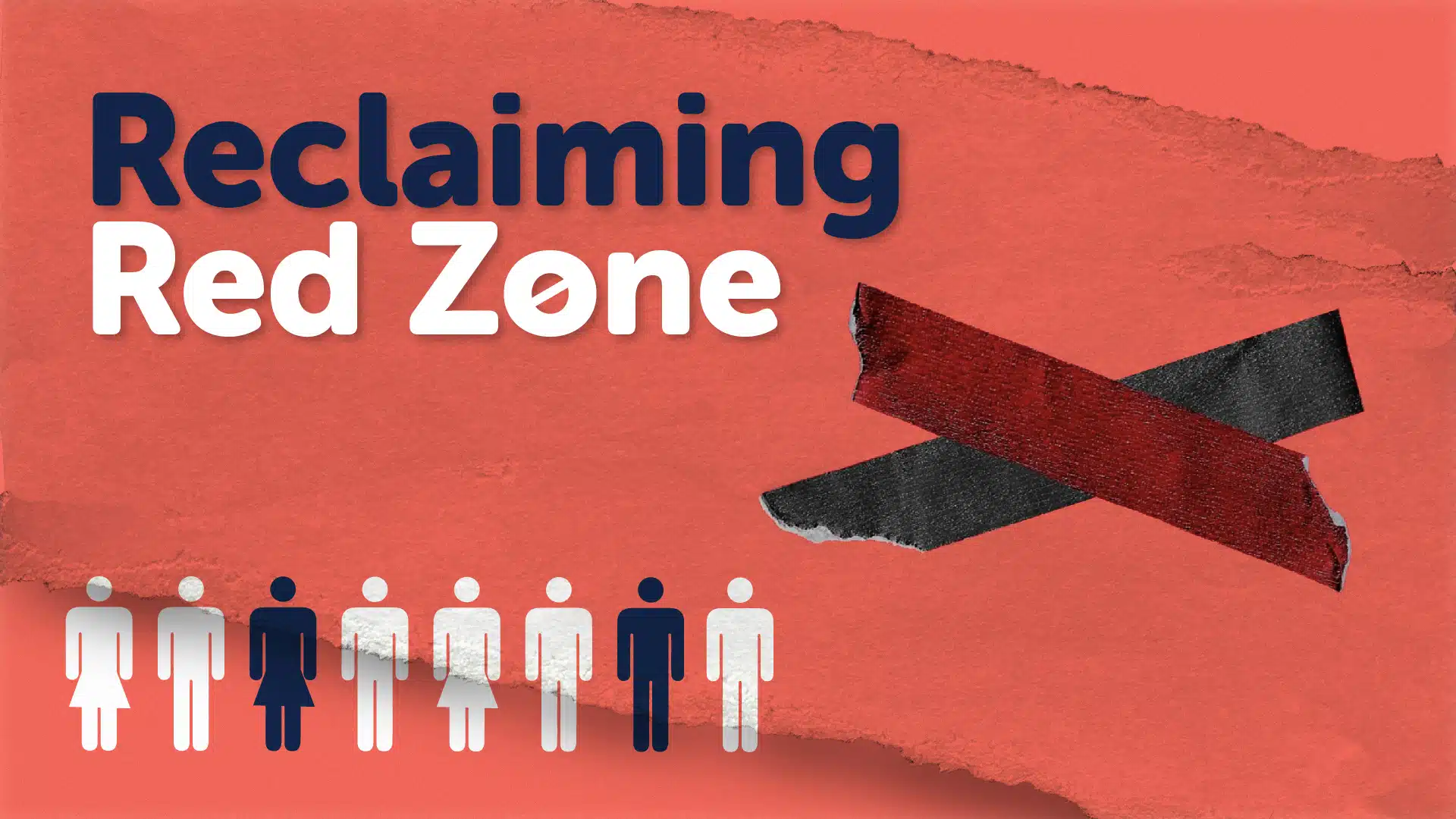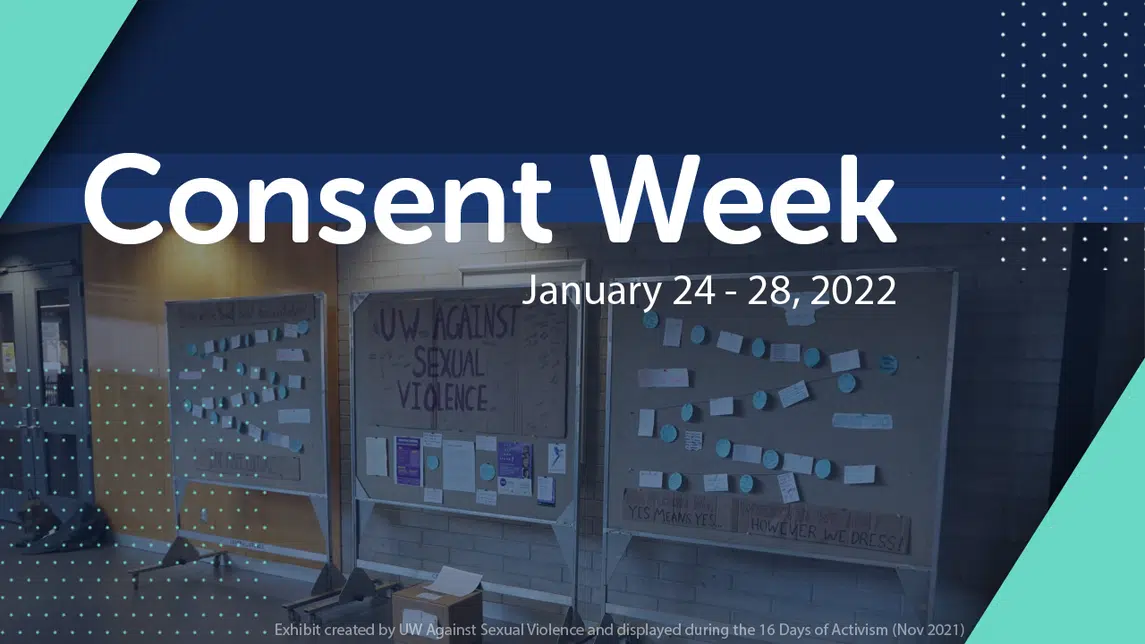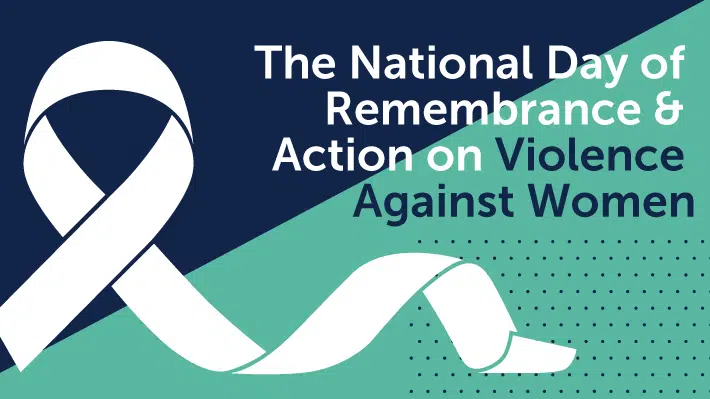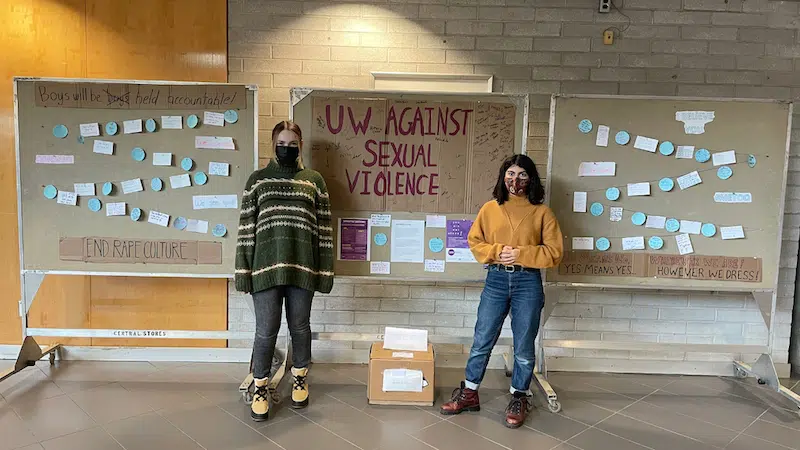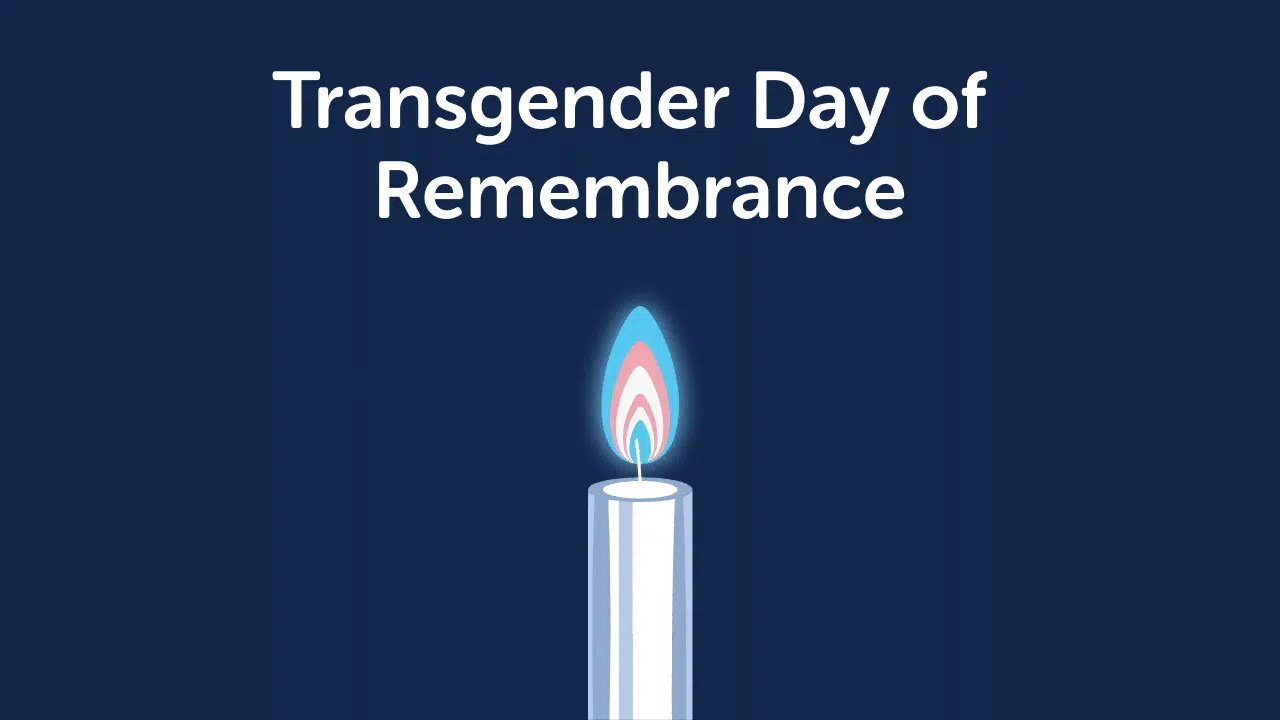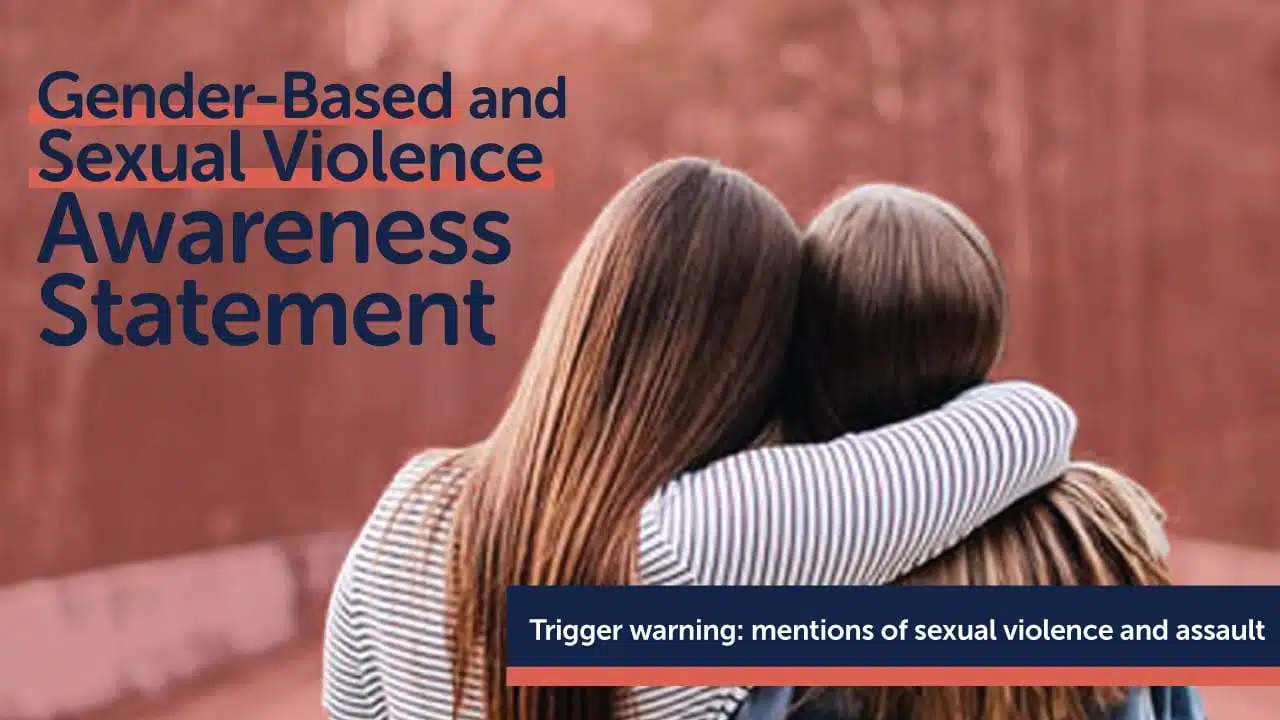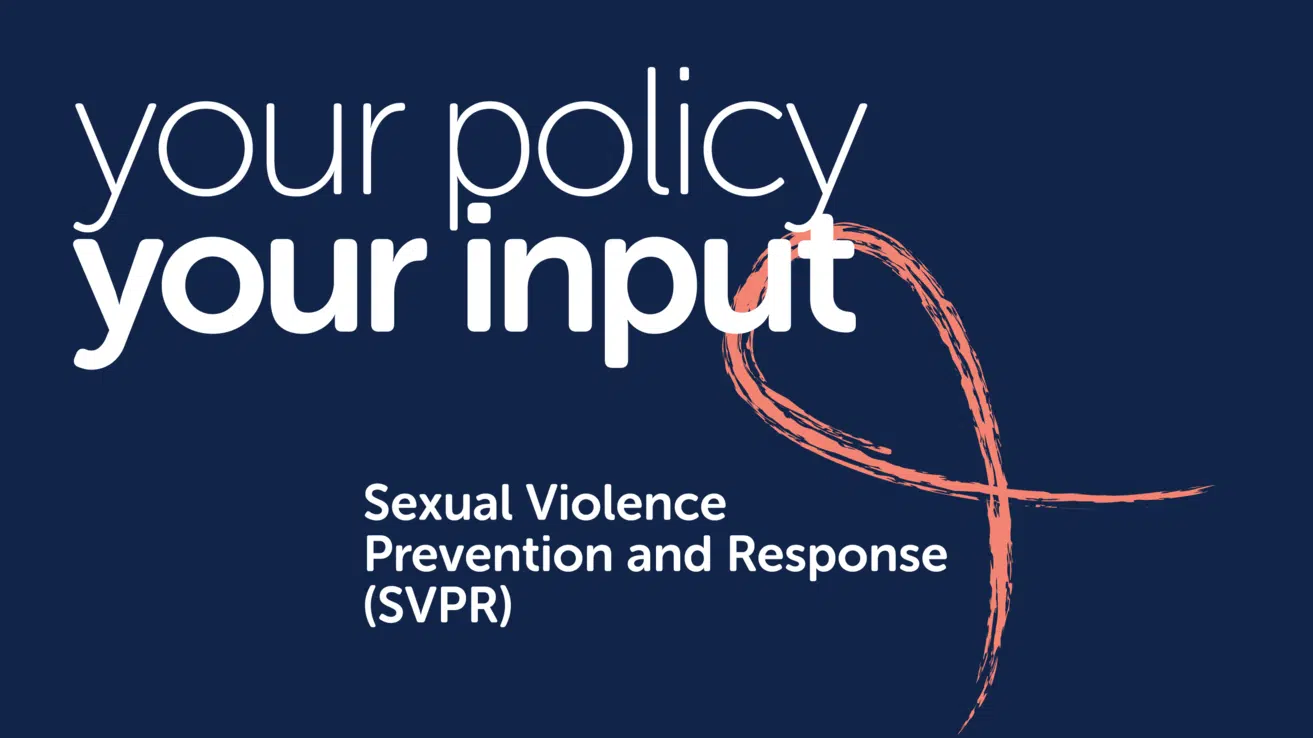Rationale
Issue
Gender-based and sexual violence (GBSV) encompasses a range of violent behaviors disproportionately affecting women, gender-diverse individuals, and children. These acts include physical, sexual, emotional, and psychological abuse. GBSV is a significant public health issue that undermines the safety and well-being of individuals and communities.
Our Research
Our Position
WUSA advocates for comprehensive, survivor-centered policies and services to prevent gender-based sexual violence and support those affected. This includes improving access to resources, enhancing legal protections, and addressing the root causes of violence.
- Enhanced Campus Safety: Advocate for prioritization of physical and organizational safety measures to protect students from gender-based and sexual violence.
- Comprehensive Sexual Education: Development and delivery of thorough sexual education programs for students before they begin their university journey.
- Preventive Education and Training: Implementation of high-quality prevention education and training across campus, guided by best practices, to reduce the risk of gender-based and sexual violence.
- Effective Disclosure Response Training: Implementation of training for the campus community on appropriate responses to disclosures of gender-based and sexual violence.
- Accessible Resources and Support: Ensuring that students have the necessary resources, guidance, and support to prevent and respond to incidents of gender-based and sexual violence.
- Trauma-Informed Services: Support the allocation of sufficient funding and resources to provide survivor-centric, trauma-informed services for students who have experienced gender-based or sexual violence.
Read our full Advocacy Position Statement here.
Student Resources
Campaigns
Past Initiatives
- Red Zone Awareness: This campaign raised awareness about the increased risk of sexual violence at the start of the academic year, promoting consent culture and providing resources to create a safer campus environment.
- Take Back the Night: In partnership with the Women’s Centre and URelations, we sent a bus of students to Take Back the Night, empowering participants to stand against gender-based sexual violence and promote a safer community.
- Safety Walk: Campus tours of sexual violence support services on campus to educate on available supports resources, what they do, and where they can be found.
- Consent Calendar: The Consent Calendar initiative used daily prompts and art to engage students in conversations about consent, fostering awareness and proactive attitudes to minimize gender-based sexual violence.
In addition to this, we continue to work closely with our community, ensuring ongoing efforts and progress behind the scenes. To learn more about upcoming events, keep an eye on our events page!
Education
Further Reading and Resources
- Government of Canada, 2023: What is gender-based violence?
- World Health Organization, 2014: Global status report on violence prevention
- Statistics Canada, 2020: Students’ experiences of unwanted sexualized behaviours and sexual assault
- Canadian Centre for Policy Alternatives, 2019: The Best and Worst Places to be a Woman in Canada

